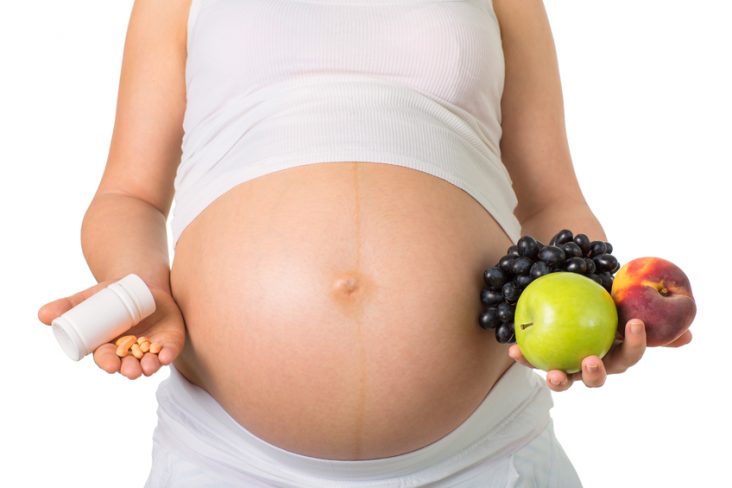This month I thought we’d focus on some other common supplements you may be prescribed in pregnancy.
Vitamin D
Many pregnant women have reduced vitamin D levels. You are at increased risk of deficiency if you have dark skin or are veiled, but also if you use sunscreen regularly or spend little time outdoors. It is important to ensure your vitamin D level is adequate, as vitamin D is important in the absorption of calcium, so can affect your (and your baby’s) bone strength and formation. Your GP or Dr Sen can send you for a simple blood test to see if a supplement is required. You may also be prescribed some ‘sun time’! Once you start taking a vitamin D supplement you should have a follow up test in 4-6 months to check your level has risen sufficiently. It is not uncommon for some women to need a supplement for the long term.
Vitamin B12
The Royal Australian and New Zealand College of Obstetricians and Gynaecologists (RANZCOG) recommend that vegetarian and vegan women take a B12 supplement. However, in practice, often supplementation is only recommended if you are showing a deficiency on blood testing. If you are vegetarian/vegan or if you have any concerns about your B12 level you can request for Dr Sen to check your level. It is certainly possible to obtain adequate B12 through your diet, even if you are vegetarian/vegan, although it does require more careful planning. Low vitamin B12 levels have been associated with early pregnancy loss and increased rates of NTD and spina bifida.
Iron
In Australia, it is not recommended that all women take an iron supplement as not all women will become deficient, and excess iron can be harmful. Women are screened several times through their pregnancy to check for iron deficiency (anaemia). Anaemia in pregnancy can result in pre-term delivery and small for gestational age babies and will result in you feeling very fatigued. Dr Sen will test your iron levels routinely at 26-28 weeks of pregnancy. If you are found to be deficient, one of our midwives or our dietitian will call and advise you regarding your supplementation requirements. Your levels will then be tested again later in your pregnancy, to check that they have risen to a healthy level. The amount of iron contained in a multivitamin is usually small and not sufficient if you are found to have iron deficiency. The amount of iron required in late pregnancy is more than is possible to obtain from your diet alone.
Calcium
Ideally you will be able to obtain adequate calcium (3 serves per day or 1000mg) through your diet. If you are unable to consume this amount of dairy or dairy equivalent, you should be taking a calcium supplement. As is the case with iron, multivitamin preparations do not contain significant amounts of calcium, usually meaning a separate supplement is needed.
Omega 3 fatty acids
While there is growing evidence as to the important role these nutrients may play, there is currently not enough evidence to recommend they be routinely prescribed in pregnancy.
